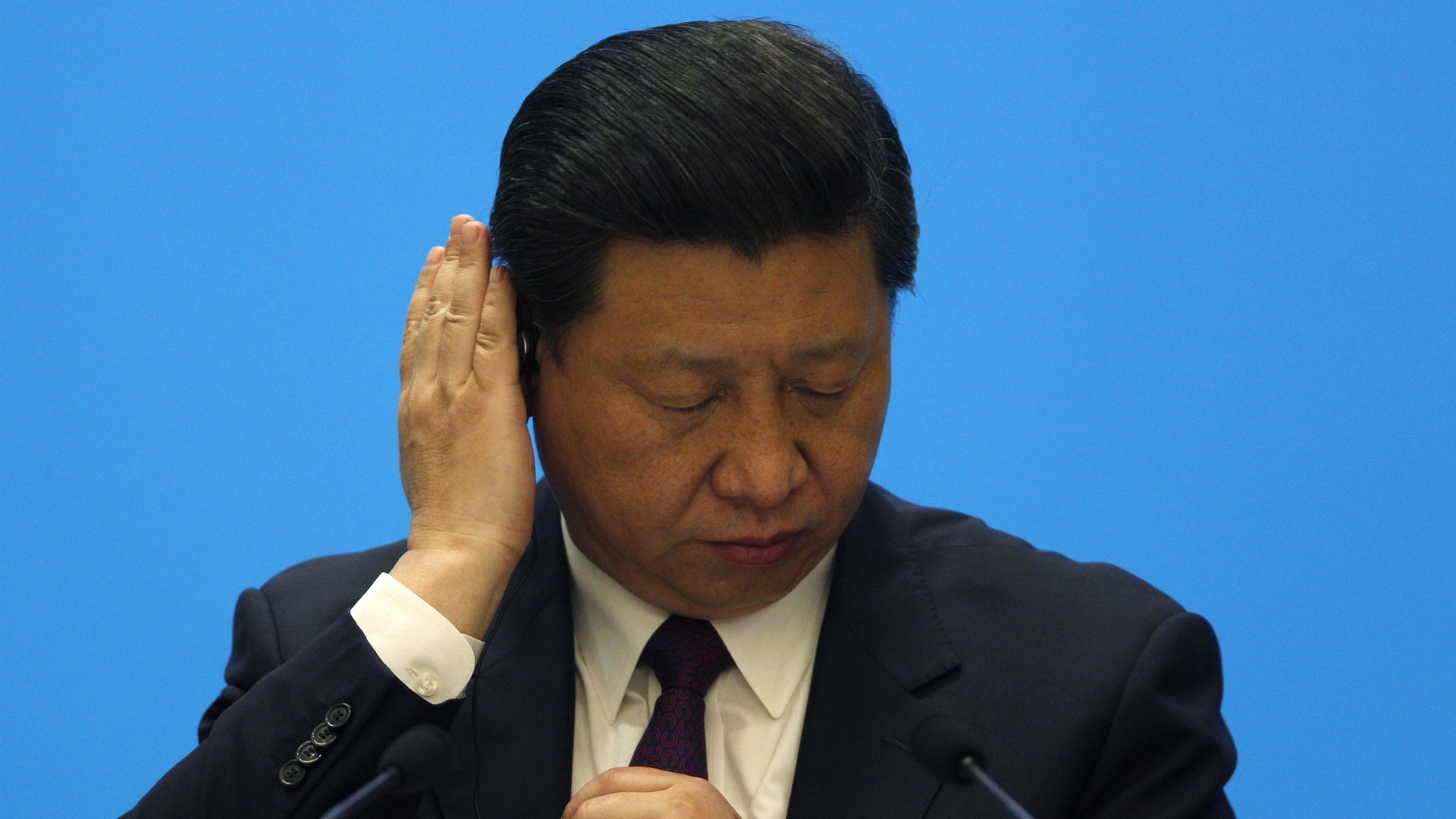Do not take Xi Jinping’s promises of fair treatment for foreign companies too seriously
In what appears to be a volte-face for the Chinese government, president Xi Jinping has promised that the nation will treat foreign companies better.


In what appears to be a volte-face for the Chinese government, president Xi Jinping has promised that the nation will treat foreign companies better.
Following massive complaints from international firms about computer hacking and intellectual property theft, as well as stifling bureaucracy, he told the Boao Forum, a high-level meeting among Asian heads of state and business leaders, that his government would “protect the lawful rights and interests of foreign-invested companies” and guarantee their rights to compete for government contracts.
These are pledges that are going to be hard for him to keep. For a start, China stated a host of similar guarantees upon joining the World Trade Organisation in 2001. A decade later, and a commitment that foreign banks could access domestic depositors and borrowers had resulted in their achieving a miniscule 2% market share. The nation also promised (paywall) to allow foreign companies to bid for government contracts at the time of WTO accession. That is yet to happen.
One probable reason that the China Communist Party has struggled to treat international companies well is that they often compete, is effect, with the Chinese state. China’s tens of thousands of state-owned enterprises generate more than 35% of its GDP. The government owns majority stakes in huge banks such as Industrial and Commercial Bank of China, the country’s three telecom providers and oil refiners like Sinopec. It is hard for bureaucrats to allow profits that could be flowing into government coffers to be diverted to foreign enterprises.
There is also the problem of the personal fortunes of Chinese officials and their families being entwined with state-owned enterprises. Xi himself is one of the so-called “princeling” class of descendents of Communist Party founders. His family members have a fortune estimated at $376 million, with some of that derived from companies that enjoy privileged access to government contracts. Xi’s brother in law, Wu Long, for example, formerly ran a company that won lucrative contracts from China Mobile. The princelings are strongly represented in Xi’s cabinet. And many other members of this influential group of Chinese Communism’s royal family are billionaires who hold key positions in state-owned enterprises.
Meanwhile, in promising international companies legal protections, Xi is ostensibly offering them more than Chinese companies get themselves. The nation has no independent rule of law. Its courts are controlled by party chiefs and cannot be relied upon to enforce contracts between domestic companies if doing so would damage a powerful state-owned or military-linked organization.